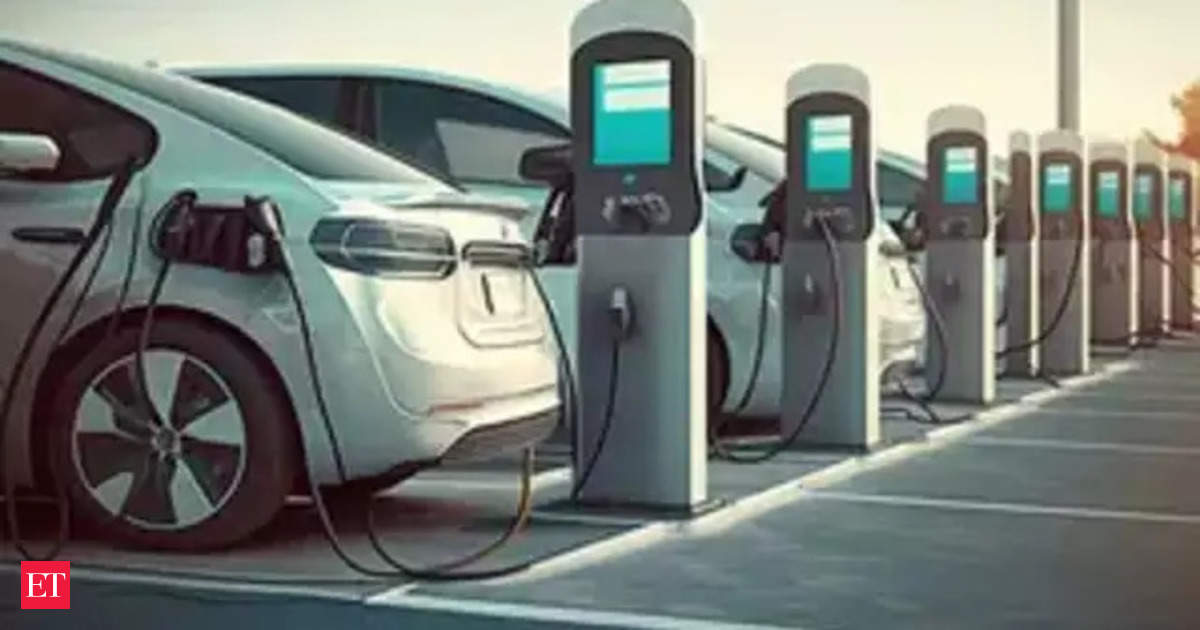China’s Xiaomi has announced that it will commence deliveries of its inaugural electric vehicle (EV) model, the SU7, on March 28. The smartphone manufacturer has created 59 stores in 29 cities nationwide to enable customers to place orders for its EV. This move marks Xiaomi’s entry into the increasingly competitive EV market. The company aims to capitalize on its reputation as a leading smartphone maker to establish a strong presence in the EV industry. Xiaomi’s expansion into the EV sector is part of its broader strategy to diversify its product offerings and explore new revenue streams.
The SU7 is Xiaomi’s first foray into the field of electric vehicles. While the company is more widely renowned for its smartphones, it has taken this step to tap into the growing EV market in China. Xiaomi aims to leverage its expertise in manufacturing and design to deliver an EV that combines cutting-edge technology with an affordable price point. The SU7 is expected to compete with other popular EV models in the market, such as those from Tesla, Nio, and Xpeng.
To facilitate the launch of its EV, Xiaomi has set up 59 stores across 29 cities in China. These stores will serve as both showrooms for customers to explore the SU7 and points of sale where orders can be placed. By establishing physical stores, Xiaomi aims to enhance the customer experience and build trust among potential buyers. The company believes that having a strong offline presence will be crucial for its success in the EV market. Additionally, Xiaomi plans to optimize its online platform to allow customers to conveniently configure their desired vehicle and track their deliveries.
Xiaomi’s decision to enter the EV market comes at a time when the demand for electric vehicles in China is rising rapidly. The Chinese government has implemented policies and incentives to promote the adoption of EVs in an effort to reduce pollution and dependence on fossil fuels. As a result, the country has emerged as the world’s largest market for EVs. Xiaomi aims to capitalise on this trend by offering affordable and technologically advanced EVs that appeal to a broad consumer base.
While the SU7 is Xiaomi’s first EV model, the company has expressed its intention to expand its electric vehicle lineup in the future. Xiaomi plans to invest heavily in research and development to further enhance its capabilities in the EV sector. By leveraging its expertise in areas such as artificial intelligence, internet of things, and connectivity, Xiaomi aims to differentiate itself from its competitors and offer innovative solutions in the EV market.
In conclusion, Xiaomi is set to begin deliveries of its debut electric vehicle, the SU7, on March 28. The company’s entry into the EV market signifies its determination to diversify its product portfolio and tap into the growing demand for electric vehicles in China. Xiaomi aims to position itself as a key player in the EV industry by leveraging its reputation as a leading smartphone manufacturer and delivering technologically advanced and affordable EVs to consumers. With its strategic expansion plans and continued investments in research and development, Xiaomi is poised to make a significant impact in the competitive EV market.











